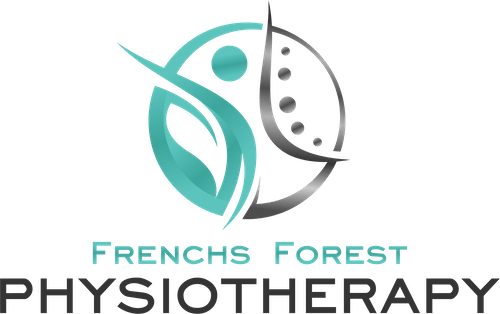Sleep is a critical yet often overlooked factor in musculoskeletal recovery. Adequate and good-quality sleep supports the body’s natural repair processes, reduces inflammation, and promotes tissue regeneration.
1. Hormonal Regulation and Tissue Repair
- Growth Hormone Release: Deep sleep drives muscle and bone regeneration.
- Protein Synthesis: Adequate sleep promotes protein rebuilding in damaged muscle
- Impact of Poor Sleep: Sleep deprivation reduces growth hormone production and slows tissue healing, prolonging recovery time.
2. Inflammation Control and Immune Function
- Cytokine Balance: helping to limit excessive inflammation that can delay healing.
- Pain Modulation: Sufficient sleep can lower pain sensitivity
- Immune Efficiency: Sleep supports immune cell function, aiding in the clearance of damaged cells and supporting new tissue formation.
3. Neuromuscular Recovery and Motor Learning
- Movement Relearning: During sleep, the brain consolidates motor skills and coordination
- Neural Repair: Restful sleep promotes recovery of neuromuscular pathways, improving balance and movement efficiency post-injury.
4. Psychological and Behavioural Benefits
- Mood and Motivation: Good sleep enhances mood and emotional regulation, improving motivation for rehabilitation.
5. Practical Sleep Hygiene Strategies
- Maintain a consistent sleep schedule (same bedtime and wake time daily).
- Most adults require 7-9 hours of sleep
- A 20-25 minute power nap in the afternoon can recharge and improve recovery
- Create a dark, quiet, and cool sleep environment.
- Limit screen time and avoid bright light exposure 1 hour before bed.
- Avoid caffeine, nicotine, and alcohol in the evening.
- Engage in relaxation routines (gentle stretching, breathing exercises, or reading).
